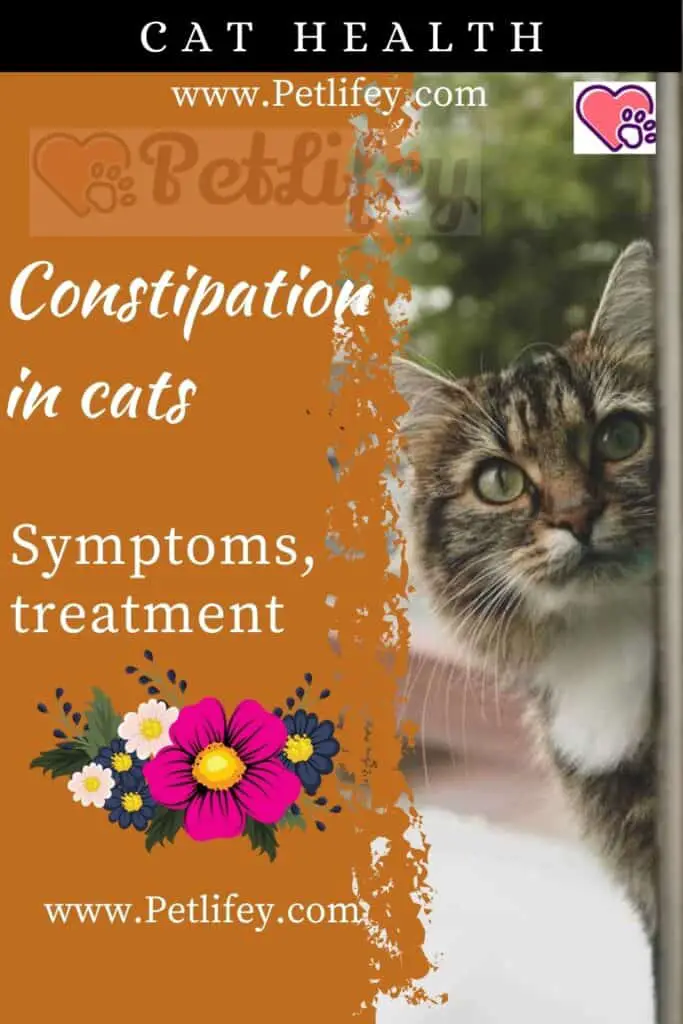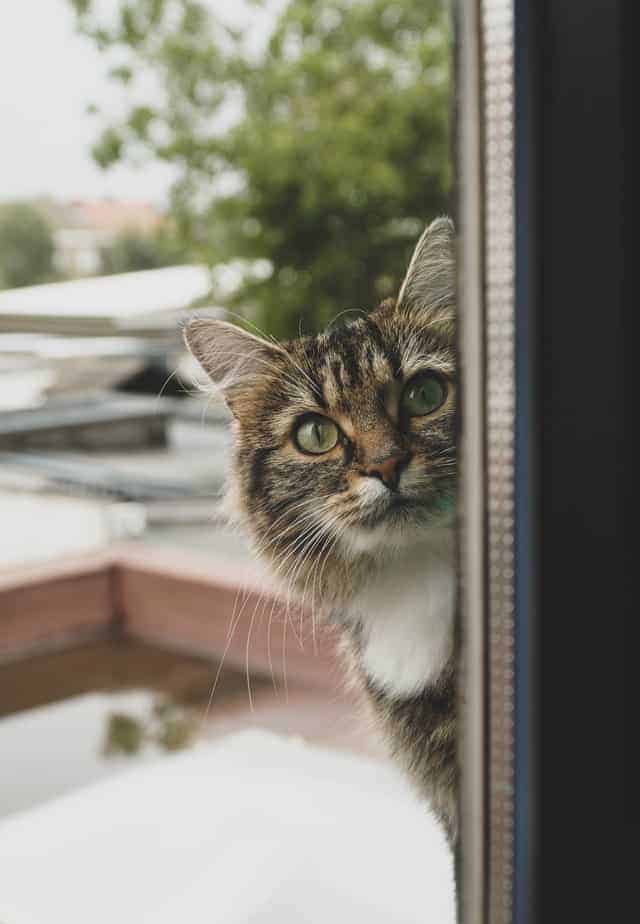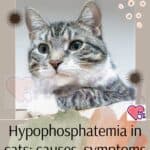
Is your cat constipated? You should know that constipation in cats is a common disease that cats suffer from relatively frequently. Felines usually defecate two to three times a day. When their bowel movements do not occur naturally, they become constipated and may require special care to help them resume normal bowel function.
Constipation in Cats
In addition to not being able to defecate normally, cats with constipation can also be subjected to annoying effects derived from this situation. They may strain when trying to use their litter boxes or show other outward signs that their intestinal tract is not working properly.
If you notice that your cat’s litter box is not being used for several days or if you notice harder-than-normal stools or bloody stools in them, you should have your veterinarian examine your pet immediately.
Your vet can perform a thorough examination to determine the underlying cause of these symptoms. In this way and once the cause has been diagnosed, be it medical or behavioral, you can solve the problem.
In this article, we will address everything you need to know about this circumstance: symptoms of constipation in cats, its cause, its meaning, how to cure it and everything that can help you ensure that it does not recur. We will also include a section that focuses on constipation in cats with a natural treatment or remedy.
Constipation and obstipation
A constipated cat can often be overlooked. You may not initially realize that your beloved feline is feeling a lot of discomfort and a lot of pain. Constipation is a term used to describe infrequent or difficult bowel movements.
Typically, cats should have at least one bowel movement every day. However, when constipation strikes, the cat often goes days without using its litter box.
As you can imagine, constipation can cause a host of gastrointestinal disorders and lead to the development of several serious conditions.
What is stubbornness?
If gastrointestinal issues don’t resolve on their own, you may hear your vet qualify your cat’s constipation as obstipation. Obstipation is a word used to describe severe and intractable constipation. Obstipation can lead to a complete blockage of the large intestine with stool and can ultimately lead to loss of colon motility.
Symptoms of constipation in cats
Constipation in cats can be mild, with few noticeable symptoms, or chronic, generally presenting with more severe symptoms. Acutely constipated cats are afflicted by the following manifestations:
● Stools that are harder than normal.
● Small, granular stools.
● Repeated and unproductive visits to the litter box.
● Temporary loss of appetite.
● Deterioration when trying to defecate.
Alternatively, cats with chronic constipation may show clearer signs of distress:
● Bloody or mucus-covered stools.
● Meowing or loud crying in pain.
● Lethargy.
● Weight loss.
● Disinterest in cleanliness.
Cats that are constipated may also have hardened and distended bellies and are reluctant to lie down on their stomachs. They may also refuse to eat or drink, even when offered their favourite treats. If you notice any of these symptoms in your pet, you should ask your vet to examine it urgently.
Causes that constipate a cat
There are a huge variety of factors that can contribute to constipation in cats. Some of the most common causes of this disease in cats include:
● Dehydration.
● Low fiber or nutritionally suboptimal diets
● Hair balls.
● Excessive grooming.
● Obesity.
● Low metabolism.
● Side effects of medications.
However, constipation in cats can sometimes be caused by factors that are more serious and require specialized veterinary care. These triggers include:
● Ingestion of a foreign object.
● Cancer of the anal gland.
● Intestinal or stomach infection.
● Neurological disorder.
● Enlarged anal sacs or abscesses.
● Intestinal or stomach tumors.
Cats with mild constipation can often recover quickly and completely. Just drink more water and eat foods rich in fiber. They also recover by losing weight or increasing their activity levels.
However, cats with underlying conditions, such as anal gland cancer, may require more intensive veterinary care. A complete veterinary exam can determine the best treatment plan for your cat.
What to do if your cat is constipated? Treatment
Once your vet has determined the underlying cause of your cat’s constipation, they will dictate the best treatment. Some of the most common therapies are the following:
● Increased hydration.
● Stool softeners.
● Laxatives.
● Higher fiber intake.
The most acute cases of constipated kittens or those that are enhanced by certain pathologies, it is necessary to go to the operating room. Surgery may be necessary to manually evacuate the intestines or to remove intestinal or stomach obstructions .
Home remedies to remove and cure constipation in cats
It is possible to treat constipation in cats with natural treatment. There are some natural procedures that will help us to relieve our pet. Here are some tips that will help you know how to get rid of constipation in a cat:
● Brush your feline every day. You will reduce the hairballs and avoid obstructions.
● The administration of malt for cats is a good periodic therapy.
● Make sure the animal always has enough clean water.
● Encourage daily exercise through attractive toys and circuits.
● Substitute your food for one that is richer in fiber or moist . (previously supervised by the vet)
● Add a little olive oil to your food . It will act by lubricating the intestinal transit.
Prevention

The older the cats are, the more frequent the appearance of constipation. Some tips can help prevent this annoying problem:
● Provide them with a balanced diet.
● Offer foods rich in healthy fat.
● Make sure he drinks enough .
● Control its weight and encourage it to exercise.
Brush its coat and cut its hair when needed. As you can see, there are actions you can take to help your constipated cat. Follow the advice and you will help it alleviate this uncomfortable situation.






